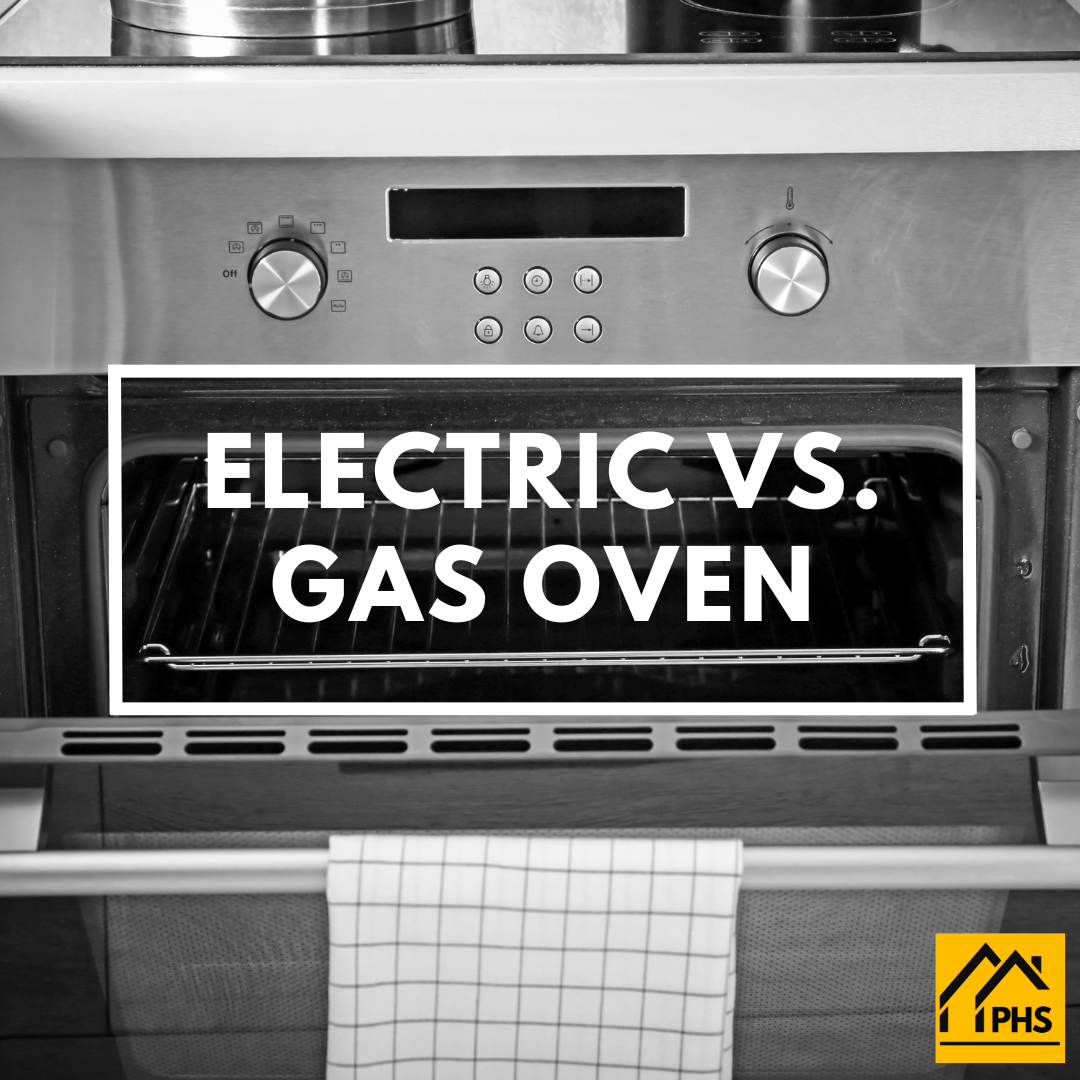The gas vs electric stove debate is subjective, as it boils down to personal preference and specific cooking needs. While each type has its pros and cons, it ultimately depends on factors such as heat control, energy efficiency, and cooking style.
Some people prefer the instant heat and precise temperature control of gas stoves, while others appreciate the consistent heat and even cooking of electric stoves. Ultimately, the decision between gas and electric stoves should be based on individual cooking habits, budget, and safety considerations.

Credit: www.premiumhomesource.com
Environmental Impact
When it comes to the gas vs electric stove debate, the environmental impact is a key consideration. Gas stoves release carbon monoxide and other pollutants, contributing to poor air quality. On the other hand, electric stoves produce zero emissions at the point of use, making them a more environmentally friendly option.
Carbon Emissions
Gas stoves contribute to carbon emissions due to the combustion of natural gas, releasing harmful greenhouse gases like carbon dioxide and methane. On the other hand, electric stoves, while not emitting carbon dioxide during use, indirectly contribute to carbon emissions based on how the electricity is generated. If the electricity comes from renewable energy sources such as solar or wind power, then electric stoves have a significantly lower environmental impact. However, if the electricity is produced through non-renewable sources like coal or natural gas, then the environmental impact of electric stoves is comparable to or even worse than gas stoves in terms of carbon emissions.
Renewable Energy
Switching to renewable energy sources is essential for reducing carbon emissions. Utilizing renewable energy for electricity generation ensures a cleaner energy supply, mitigating the environmental impact of electric stoves. By investing in solar panels or opting for renewable energy providers, homeowners can reduce their carbon footprint associated with electric stove usage. Furthermore, governments and utility companies can promote renewable energy expansion and offer incentives to facilitate the adoption of renewable energy sources for both residential and commercial purposes.
Cost Efficiency
In the gas vs electric stove debate, one crucial aspect to consider is cost efficiency. Gas stoves are generally more cost-effective in terms of energy consumption, as they use natural gas, which tends to be cheaper than electricity. However, electric stoves may incur lower maintenance costs over time.
Ultimately, the decision depends on individual preferences and needs.
| Cost Efficiency: |
| Gas stoves have lower upfront costs but higher energy costs in the long run. |
Cooking Performance
Gas Stove: Provides immediate and precise heat control for cooking various dishes effectively. Ensures quicker heat adjustments with direct flame, offering the flexibility to alter temperatures instantly.
Electric Stove: Presents even and consistent heating for balanced cooking results. Uniform distribution of heat across the cooking surface avoids hot spots, promoting efficient and reliable cooking performance.

Credit: www.bloomberg.com
Safety
Gas Leaks: Gas stoves can pose a risk of leaks, causing potential fire hazards in the home.
Electrocution: Electric stoves can pose a risk of electrocution if not used and maintained properly.
Convenience And Maintenance
Gas stoves have long been favored for their instant heat and precise temperature control. Simply turning a knob ignites the flame, providing immediate cooking power. Electric stoves, on the other hand, require time to heat up, causing delays in meal preparation. Gas stoves also allow for adjustments while cooking, making it easier to simmer or maintain a rolling boil. Cleaning-wise, gas stoves often feature removable burner grates and drip pans that can be easily wiped clean. Electric stoves, with their smooth cooktop surfaces, may require more effort to scrub off stubborn stains.
When it comes to cleaning, gas stoves can accumulate more grease and food debris due to their open flame design. Regular maintenance involves cleaning the burners, grates, and igniters. Electric stoves may be easier to clean as there are no burners to worry about. However, their sleek surfaces can be easily scratched or damaged. Maintenance for electric stoves primarily involves inspecting and replacing heating elements if necessary. Whichever stove you choose, regular cleaning and upkeep are essential for longevity and optimal performance.

Credit: www.wsj.com
Energy Efficiency
Gas Stove: Offers instant heat and precise temperature control. Electric Stove: Provides even heat distribution and easy cleaning. Using a gas stove can result in higher energy consumption. On the other hand, an electric stove is considered more energy-efficient due to its less heat wastage. Ultimately, both types of stoves have their advantages and drawbacks, so it comes down to personal preference and specific cooking needs.
Frequently Asked Questions On What’s Your Take On The Gas Vs Electric Stove Debate?
What Are The Benefits Of Using A Gas Stove?
Gas stoves provide instant heat control, cost efficiency, and are preferred by professional chefs for precise cooking.
Is An Electric Stove More Energy-efficient Than A Gas Stove?
Electric stoves are generally more energy-efficient as they convert more energy into heat, but the cost may vary depending on electricity rates.
Are Gas Stoves Safer To Use Compared To Electric Stoves?
While both types of stoves have safety features, gas stoves are seen as safer due to immediate cooling when turned off and a visual flame indicator.
Can You Cook Faster On A Gas Stove Versus An Electric Stove?
Gas stoves offer faster heating and cooling times, giving users more control and quicker cooking results compared to electric stoves.
Conclusion
In the ongoing gas vs. Electric stove debate, the choice ultimately comes down to personal preference and lifestyle. Consider your cooking habits and needs to make the best decision. Whichever option you choose, both gas and electric stoves offer their unique benefits and features to enhance your culinary experience.
Choose wisely!

